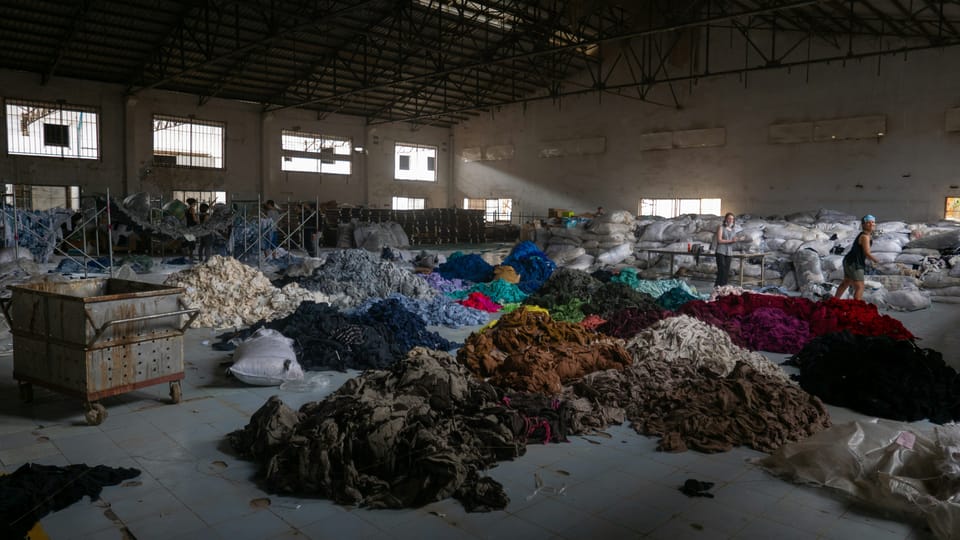More fashion brands join drive to ‘make money without making new clothes’
The Ellen MacArthur Foundation estimates that the equivalent to a truckload of clothes is burnt or buried in landfill every second.

Decathlon, eBay, John Lewis and others are part of the second cohort to join the Ellen MacArthur Foundation’s Fashion ReModel initiative, which aims to make the fashion industry’s business model more circular.
The cohort, which also includes Colombian company Crystal S.A.S and global group Tapestry, joins H&M and Primark in the effort to embed circularity in fashion’s DNA.







